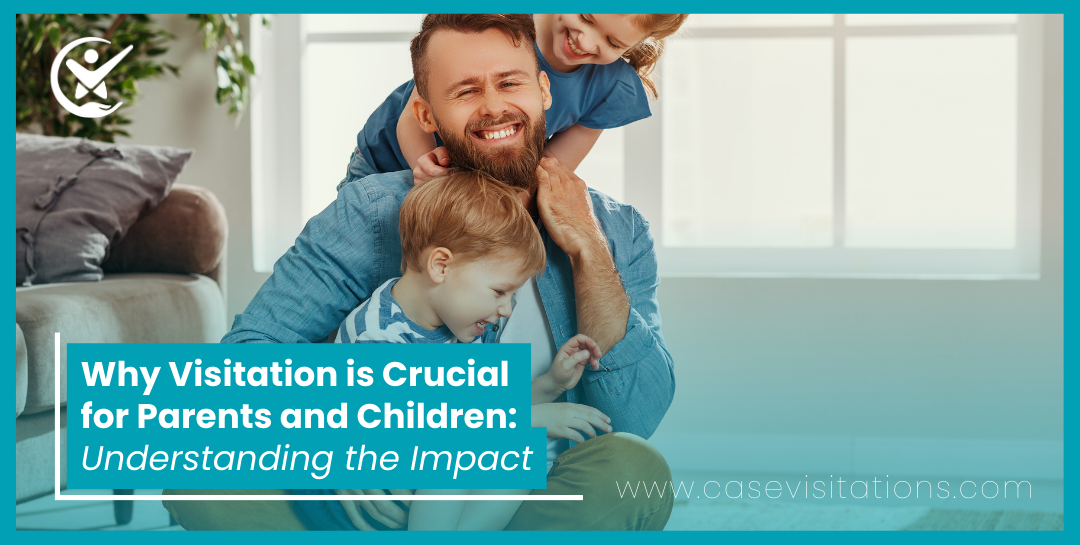Why Visitation is Crucial for Parents and Children: Understanding the Impact
When a family undergoes separation or divorce, the focus often shifts to legal matters and custody arrangements. However, one of the most vital aspects of these arrangements is visitation, which plays a significant role in maintaining healthy relationships between parents and children. Understanding why visitation is crucial can help parents, children, and even legal professionals appreciate its importance.
The Importance of Visitation
Preserving Parent-Child Bonds
Visitation allows children to maintain strong, consistent relationships with both parents, even if they don’t live together. According to the American Psychological Association, children who have regular contact with both parents after separation or divorce tend to have better emotional and psychological outcomes. They experience less anxiety and depression, and their self-esteem remains higher compared to children who lose contact with one parent.
Emotional Stability for Children
Regular visitation provides children with a sense of stability and continuity, which is crucial during the often tumultuous period following a separation. The National Center for State Courts reports that children with consistent visitation schedules adjust better to changes in their family structure. They are more likely to feel secure and less likely to experience behavioral problems.
Encouraging Positive Parenting
For parents, visitation is an opportunity to stay actively involved in their child’s life. It allows parents to continue guiding their child’s development and contribute to their well-being. The U.S. Department of Health & Human Services highlights that active parenting post-separation leads to better behavioral and academic outcomes for children. It also helps parents maintain a sense of purpose and connection to their child’s life.
Supporting Co-Parenting Relationships
Effective visitation schedules encourage better communication and cooperation between parents. According to a study published in the Journal of Family Psychology, parents who engage in regular visitation are more likely to work together harmoniously, which benefits their children. This cooperation helps in creating a unified approach to parenting, even in the absence of a shared household.
Legal and Developmental Benefits
From a legal perspective, ensuring that visitation agreements are followed can prevent disputes and foster a more stable environment for children. Developmentally, regular interaction with both parents supports balanced emotional growth. The American Academy of Pediatrics emphasizes that a child’s development thrives in a nurturing environment where both parents are involved.
Statistics Highlighting the Benefits of Visitation
- Emotional Well-being: Children who have regular contact with both parents post-divorce are 40% less likely to experience emotional distress than those with limited contact.
- Behavioral Outcomes: Studies show that children who maintain a relationship with both parents have a 25% lower risk of developing behavioral problems.
- Academic Performance: Children with active visitation schedules often perform better academically, with a 20% higher likelihood of achieving higher grades compared to their peers with irregular visitation.
Conclusion
Visitation is more than just a legal obligation; it is a critical component of maintaining healthy, supportive relationships between parents and children. By ensuring regular contact, both parents and children can experience emotional stability, improved well-being, and a more harmonious co-parenting relationship. At CASE Visitations, our mission is to facilitate these connections in a safe and supportive manner, ensuring that every visit supports the child’s overall development and family dynamics.
For more information on how we can assist in creating a positive visitation experience, contact CASE Visitations today.





